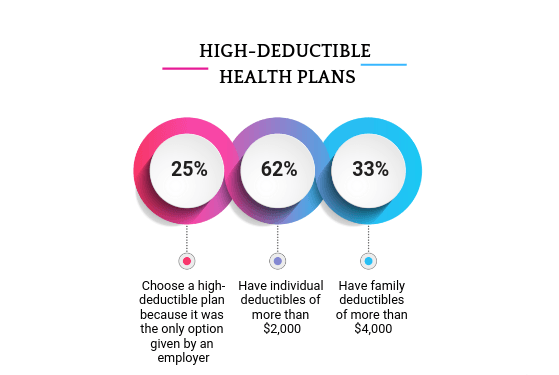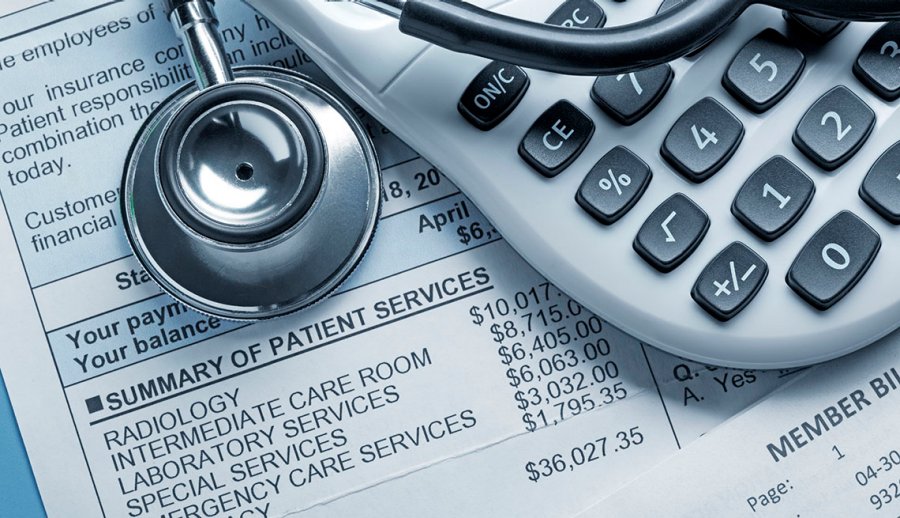In the United States, a high deductible health plan is basically a health insurance with higher premiums and fewer deductibles than a normal health plan. It is designed to encourage consumer-driven medical care. Being covered by an HDHP is a prerequisite for obtaining a health savings account with some health carriers. As such, it is an attractive incentive to get people to consider an HSA. Unfortunately, there are some disadvantages associated with having an HSA. These disadvantages could make an HSA more appealing than its other counterparts such as a high deductible health plan and a point-of-service (POS) plan.
One of the pros to an HSA is that it reduces the financial burden on out-of-pocket expenses. This is because when you enroll in an HSA, your premium for the insurance is deducted from your savings. Since the premium is tax-qualified, you can reduce the financial burden through rebates and assistance programs offered by the institution. This means that you can use the HSA for health-related expenses and not just for medical expenses.
Another pro to an HSA is that it requires less out-of-pocket cash compared to other high-deductible plans. You can pay the entire premium in a year, which is much easier compared to the traditional medical expenses coverage. If you do not have any medical expenses, then you can save a lot of money. If you have any medical expenses, then you will be able to deduct them from the amount of money that you pay as premiums. The only downside to an HSA is that it has limited medical benefits.
One of the biggest pros of an HSA is that you are required to pay higher deductible amounts if you want medical care out-of-pocket. If you want any medical care out-of-pocket then you must pay a higher deductible. One reason why some people get this type of health plan is because they do not have any out-of-pocket cash for medical expenses. They do not go outside the family to pay for medical expenses. Other people get this type of health plan because they need a higher deductible to protect their financial interests like estate planning or retirement funds.
One disadvantage to an HSA is that it has a limited choice of medical providers. Most HSA plans offer health care plans with a large range of hospitals and doctors. This means that you might end up getting more services than what you need and paying a lot for services you do not really need. Another drawback to an HSA is that high deductibles make it difficult to keep regular appointments or to go to the doctor when you need to. If you have a high deductible, then you might be restricted on the choices of doctors you can use or the hospitals you can use to receive treatment for your health condition.
One of the best things about an HSA is that it allows you to use your savings to pay for any medical expenses out-of-pocket. You can also use this money to reduce your own tax burden. The one disadvantage to an HSA is that it usually has a low monthly premium. People who need to get major medical care can use an HSA to achieve this goal, but those who just need routine care can save more money by using a lower monthly premium HSA.
Let’s Get Started Today
You may qualify for a large subsidy, that results in a $0 premium. Take action today!
“The agent that helped me find the correct plan with for my growing family is the best. I think that her goal was the fitting us in the best plan for us, not her commission”
A Recent Client
Florida Resident








